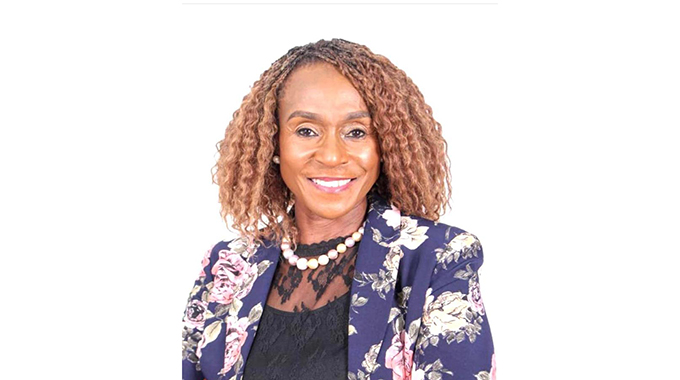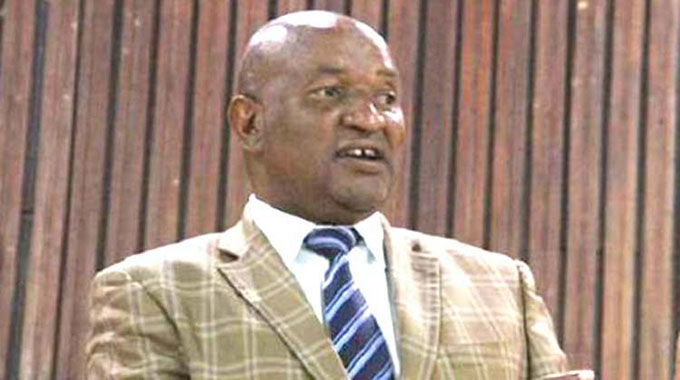Congolese rumba gets Unesco protected status

One of the most influential genres of African music and dance, Congolese rumba, now has Unesco-protected status.
It is the culmination of campaigning by two countries — the Democratic Republic of Congo and neighbouring Congo-Brazzaville.
They both occupy what was once the ancient kingdom of Kongo – where the sinuous dance originated according to the two nations’ joint application.
The word “rumba” itself comes from the Kikongo word for navel, “Nkumba”.
Congolese rumba joins other living traditions such as Jamaican reggae music and Singaporean hawker food on Unesco’s “intangible cultural heritage of humanity” list.
The UN’s cultural body says bestowing this status helps to “maintain cultural diversity in the face of growing globalisation”.
The music and dance became emblematic of the anti-colonial fight in the 20th Century, notes Unesco Director-General Audrey Azoulay, adding that it is the “political nature of this music which inspires so many artists all around the world today”.
Despite its African origins, rumba in the minds of many people outside the continent has become more closely associated with Latin dance.
Indeed, Cuban rumba was granted Unesco intangible cultural heritage status back in 2016.
Rumba “has been part of our identity, descendants of Africa and all of us, throughout the ages,” said DR Congo’s Culture minister Catherine Kathungu Furaha earlier this year. “We want rumba to be recognised as ours. It is our identity.
“When our ancestors who were taken abroad wanted to remember their history, their origin, their memory, they danced the navel dance.” The style of rumba that emerged in Cuba in the 19th Century had its roots in the drumming of slaves from central Africa, which was then combined with melodies from Cuba’s Spanish colonisers.
But the rhythm kept its distinctive character — so much so, that when vinyl recordings were exported to central Africa in the 20th Century it was immediately recognised as rumba.
Among the earliest heroes of Congolese rumba were Wendo Kolosoy, Paul Nkamba, Franco and TPOK Jazz, Tabu Ley Rochereau and Dr Nico. — BBC.









Comments